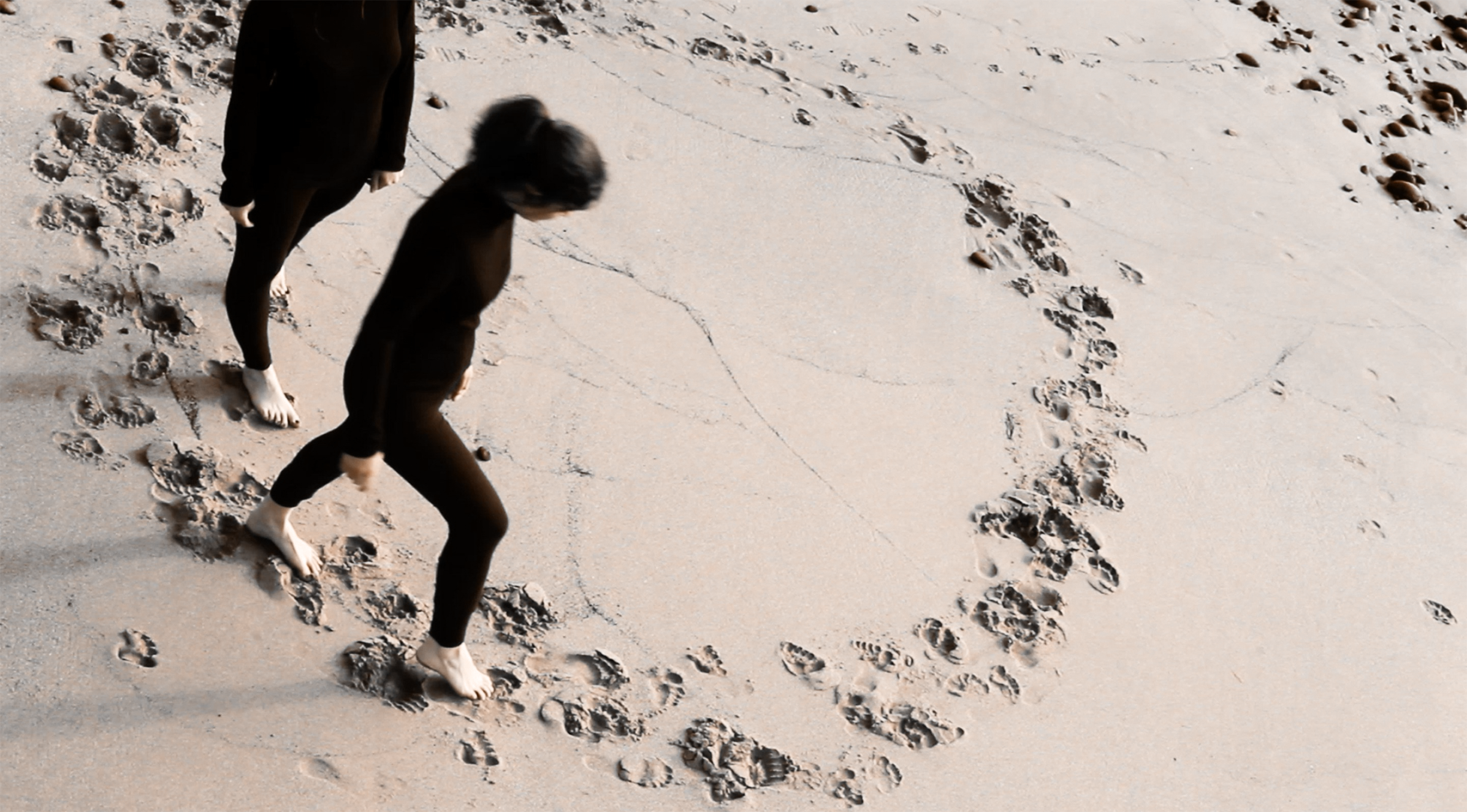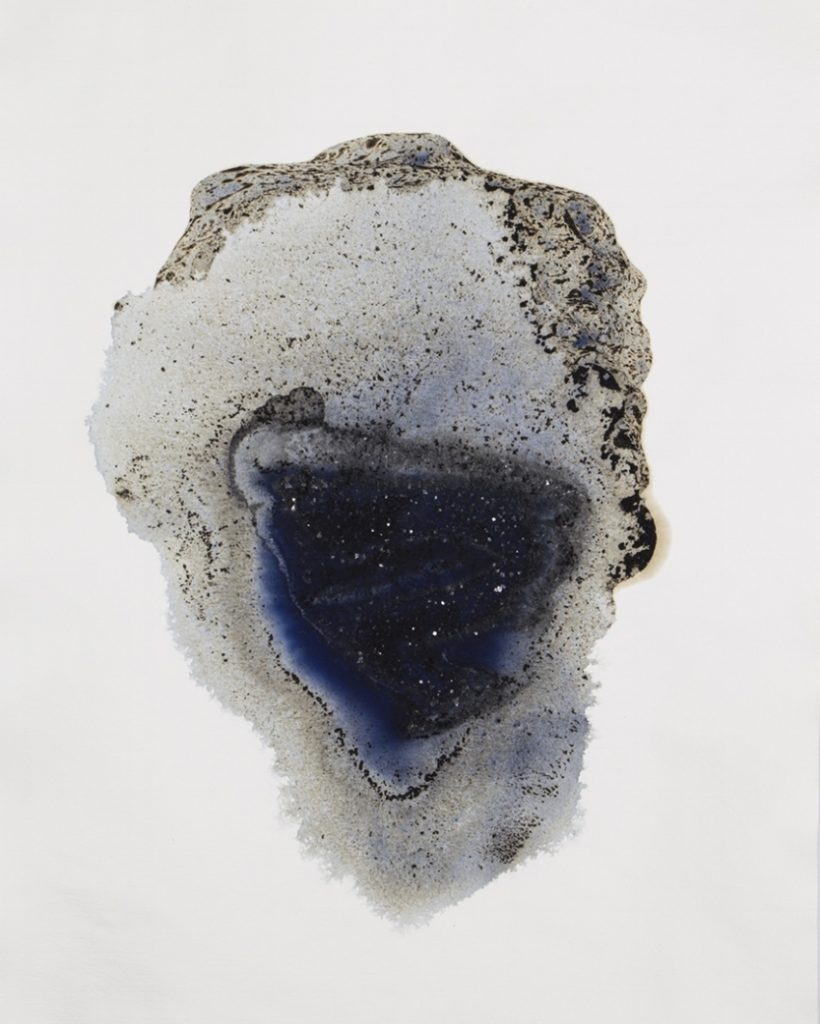Geopoetics Symposium
April 14 - 18, 2020
We look forward to offering this event April 24-28, 2021. Find details on Hollyhock’s response to the COVID-19 pandemic here.
This symposium invites writers, artists, scholars, and educators engaged with geopoetics, an emerging field of creative practice at the nexus of poetics and geography. Leading and emerging figures in geopoetics, ecophilosophy and place-based education will dialogue, lead seminars, present works, create, and cross-pollinate.
Together we will consider geopoetics in the context of settler-colonialism, climate change and the sixth extinction to share strategies for staying with some of the more troubling questions and realities of scholarship, education and art in the Anthropocene. For instance, what role can imagination play in fostering new ecological relations and paradigms? What lyric strategies might we employ to incorporate other-than-human agents into public life? How might we find adequate ways to grieve what has been lost while nurturing futures of multispecies flourishing? At a time of ecological precarity, this gathering offers space for rethinking and remaking relations with/in a more-than-human world.
An optional five-day residency (April 18–22) will follow, for those who wish to stay on to write, work on projects or collaborate further, culminating on Earth Day. If participants are willing, one of the intentions of the symposium/residency will be to envision, design and eventually produce a publication based on conference discussions, writings and happenings.
Learn more about the Geopoetics Artists’ Residency
**save 15% off Rooms and Meals if registered for both Geopoetics Symposium and Residency**
Geopoetics Symposium is convened by Erin Robinsong and Michael D. Datura
CONTRIBUTORS
Sonnet L’Abbé @sonnetlabbe is the author, most recently, of Sonnet’s Shakespeare, the only poetry collection to be named one of Quill and Quire’s best books of 2019. They are a professor of English and the Chair of the Creative Writing and Journalism Department at Vancouver Island University.
David Abram is a cultural ecologist and philosopher who lectures and teaches widely on several continents. He is the author of Becoming Animal: An Earthly Cosmology, and The Spell of the Sensuous.
Siku Allooloo is an Inuk/Haitian/Taíno writer, artist and community builder from Denendeh (NWT) and Pond Inlet, NU. She has been leading resurgence and decolonial work since 2012 through both community and cultural education programs on the land land and through the arts, including creative non-fiction, poetry, and multimedia.
Robert Bringhurst is a poet, a translator, an officer of the Order of Canada, and a lifelong student of Native American languages and oral literatures.
Nadia Chaney lives and works in Montreal/Tio’tia:ke, where she runs an arts based community research lab studying the nature of Time and Temporality.
Stephen Collis is the author most recently of Once in Blockadia and Almost Islands. He teaches poetry and poetics at Simon Fraser University.
Adam Dickinson is the author of four books of poetry. His work has been nominated for the Governor General’s Award for Poetry, the Trillium Book Award for Poetry, and the K.M. Hunter Artist Award in Literature. He teaches poetics and creative writing at Brock University.
Mark Fettes teaches education at Simon Fraser University. His explorations of language and imagination include work on Indigenous language revitalization, research partnerships in imaginative place-based education, and leadership roles in the worldwide community of Esperanto speakers.
Eric Magrane is an assistant professor of geography at New Mexico State University. He is the editor, with Christopher Cokinos, of The Sonoran Desert: A Literary Field Guide (University of Arizona Press), and with Linda Russo, Craig Santos Perez, and Sarah de Leeuw, of Geopoetics in Practice (Routledge).
Andréa de Keijzer is a contemporary dancer and choreographer currently drawn to the connections between ritual and performance. She lives in Montréal where she also spends her days and night accompanying births as a doula.
Udavi Cruz Márquez holds a masters in tropical ecology and has 15 years of experience collaborating in projects that defend the indigenous biocultural heritage in Mexico. As a sun dancer in the Lakota tradition, he runs sweat lodges and is also a student of the tipi ceremony.
a rawlings is a Canadian-Icelandic interdisciplinary artist whose books include Wide slumber for lepidopterists (Coach House Books, 2006), Gibber (online, 2012), o w n (CUE BOOKS, 2015), si tu (MaMa Multimedijalni Institut, 2017), and Sound of Mull (Laboratory for Aesthetics and Ecology, 2019).
Genevieve Robertson is an interdisciplinary artist with a background in environmental studies. Her drawings are often comprised of found organic materials collected on-site and map a visceral and long-term engagement with specific regions. (Genevieve’s work will be installed at the gathering- she will not be there in person.)
Linda Russo is a poet and director of EcoArts on the Palouse.com. She lives on the ceded lands of the Nez Perce Tribe and the traditional homeland of the Palus Band of Indians and teaches creative writing and literature at Washington State University.
Cosmo Sheldrake is a multi-instrumentalist, musician, producer and composer. Much of his work is concerned with exploring ecology, extinction and the nature of place.
Jan Zwicky was raised in the northwest corner of the Great Plains and presently lives on a small island off the west coast. Her most recent titles are The Long Walk, The Experience of Meaning, and Learning to Die: Wisdom in the Age of Climate Crisis, with co-author Robert Bringhurst.
CALL FOR PROPOSALS IS NOW CLOSED. Thank you to everyone who submitted!
We invite proposals for plenaries/panels, workshops, participatory artworks, place-based activities, writing workshops, performance/performance lectures, embodied experiments, etc. Topics and themes may include (but are not limited to):
- History & Current Trends in Geopoetics / Ecopoetics / Geohumanities /Ecophilosophy
- Indigenous Resurgence & the Geopoetics of Decolonization
- Feminist Geopoetics / Geopoetic Sensualities / Somatics / Healing
- Lyric Philosophy / Poethics / Geopoetics of Loss
- Ecological Linguistics / Ecocriticism / Witness & Withness
- Multispecies & Interspecies Collaborations
- Place as Co-Teacher / Teaching in a More-Than-Human World / Land-Based Pedagogy
- Black & Indigenous Anthropocene
- More-Than-Human Agency / Materiality / Relational Ontologies
- Staying with the Trouble / Strategies of Adaptation / Turning toward the Terrestrial
- Political Ecology / New Climatic Regime / Geopoetics of the Bioterriat
SCHOLARSHIPS
Some scholarships will be available for those with financial need or barriers to attending. To apply for a scholarship, register for the event and follow the scholarship prompts. This conference has been developed in partnership with Hollyhock and Simon Fraser University. As such, scholars may be able to draw on conference travel and professional development funds to assist with fees, travel and accommodation costs; artists/writers may be able to apply for travel or other funding from their arts council. We are committed to co-creating an inclusive gathering. We hope you will join us.
ACCESSIBILITY
We are committed to creating a barrier-free event. All main buildings and some accommodations are wheelchair accessible and there is an accessible washroom in the main dining lodge. Session-house washrooms are not fully accessible yet (there are a few steps to get to them). Paths between buildings are unpaved and uneven in places, but well-maintained and safe for most wheelchairs/scooters. We are happy to provide photos/video of the campus and paths on request, and can also offer transportation assistance between buildings if needed via golf cart. If you have accessibility needs/questions/concerns, please contact us at geopoetics2020@gmail.com.

Image Credit (above): angela rawlings | intime | from Sound of Mull, 2019
Categories : April, Climate, Cortes Island, Creative Expression, Dance & Theatre, Music & Voice, Social Innovation, Visual Arts, Writing & Poetry

